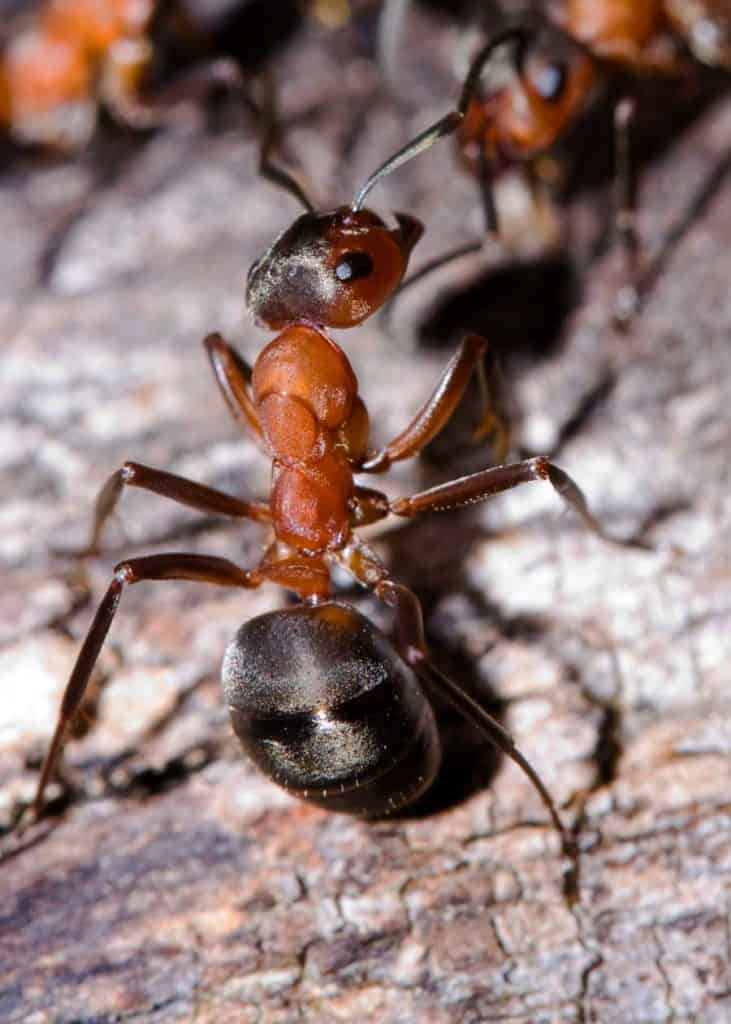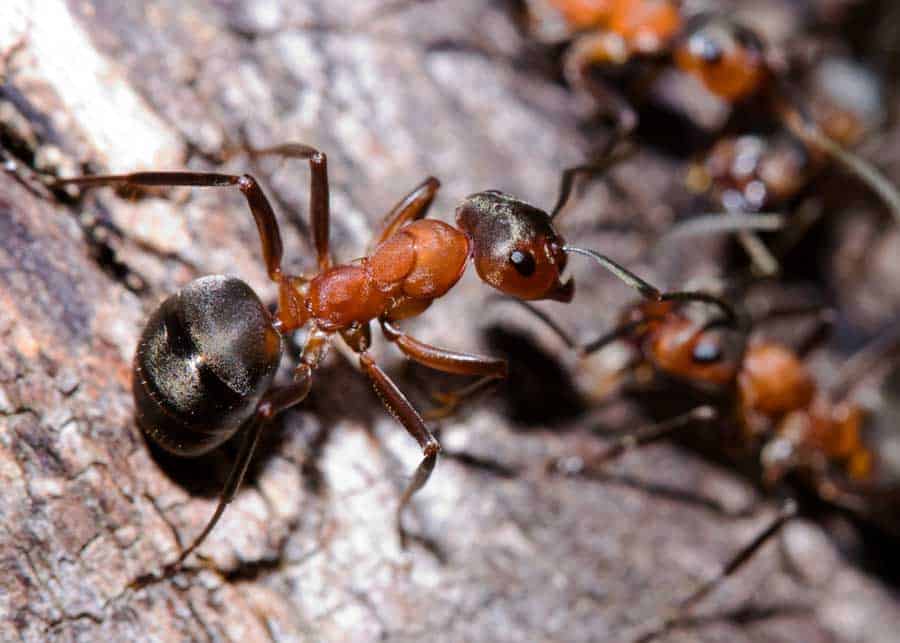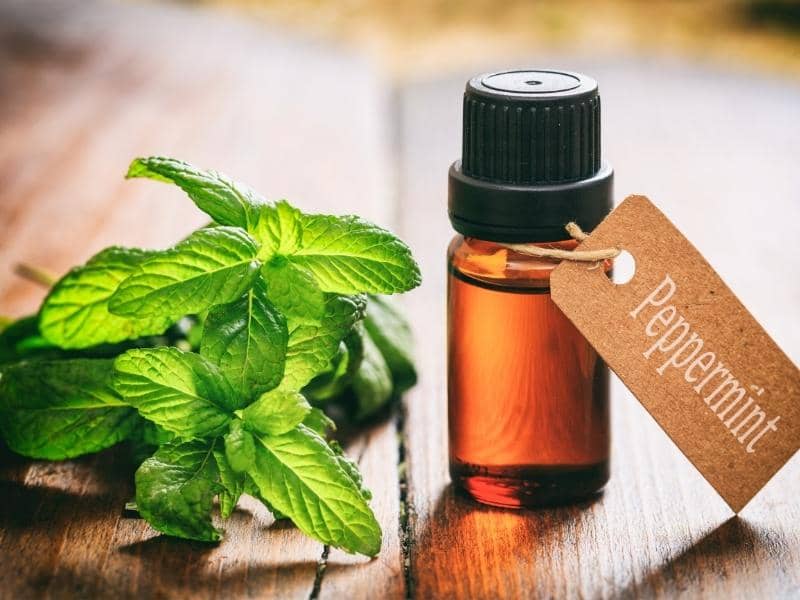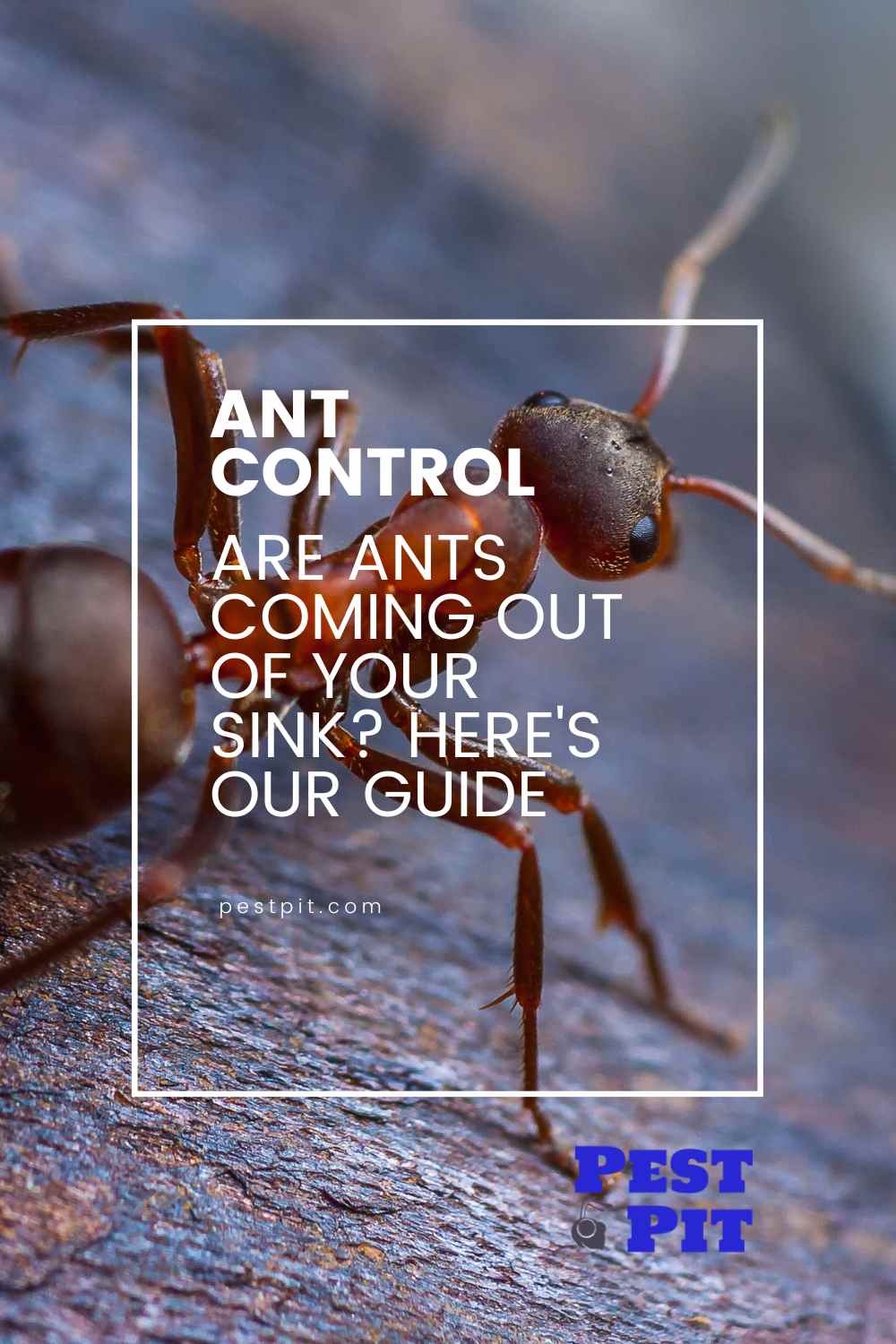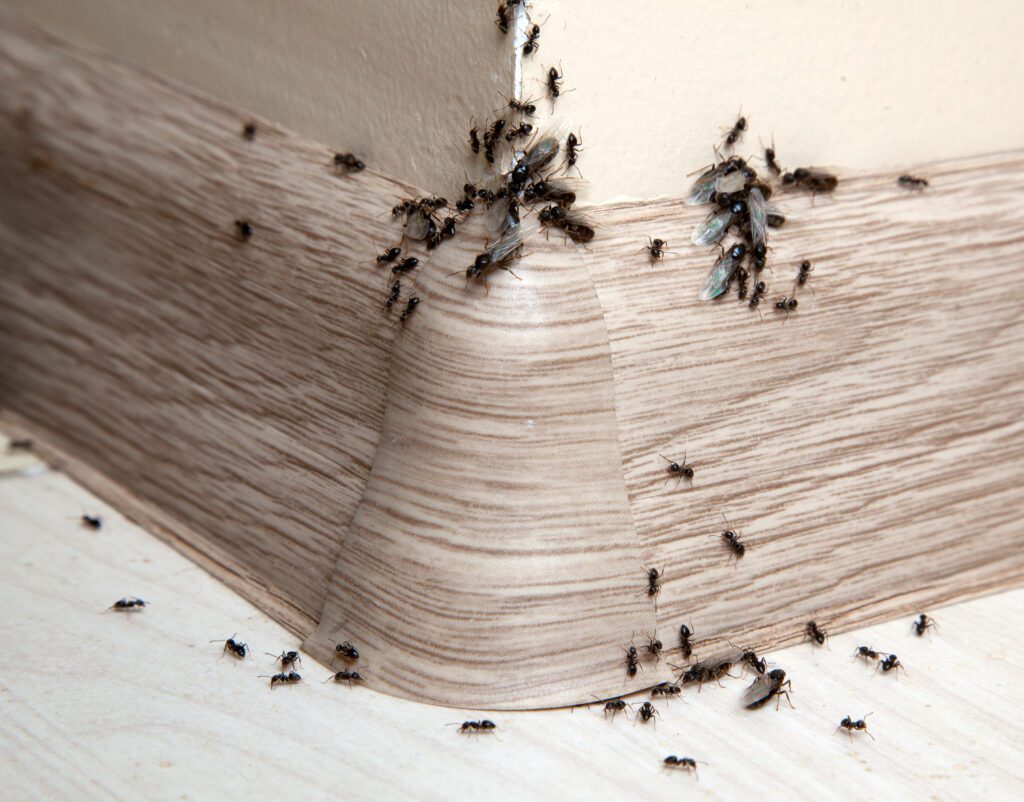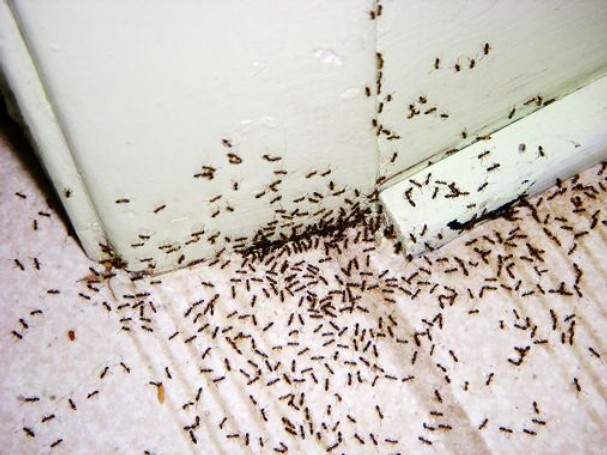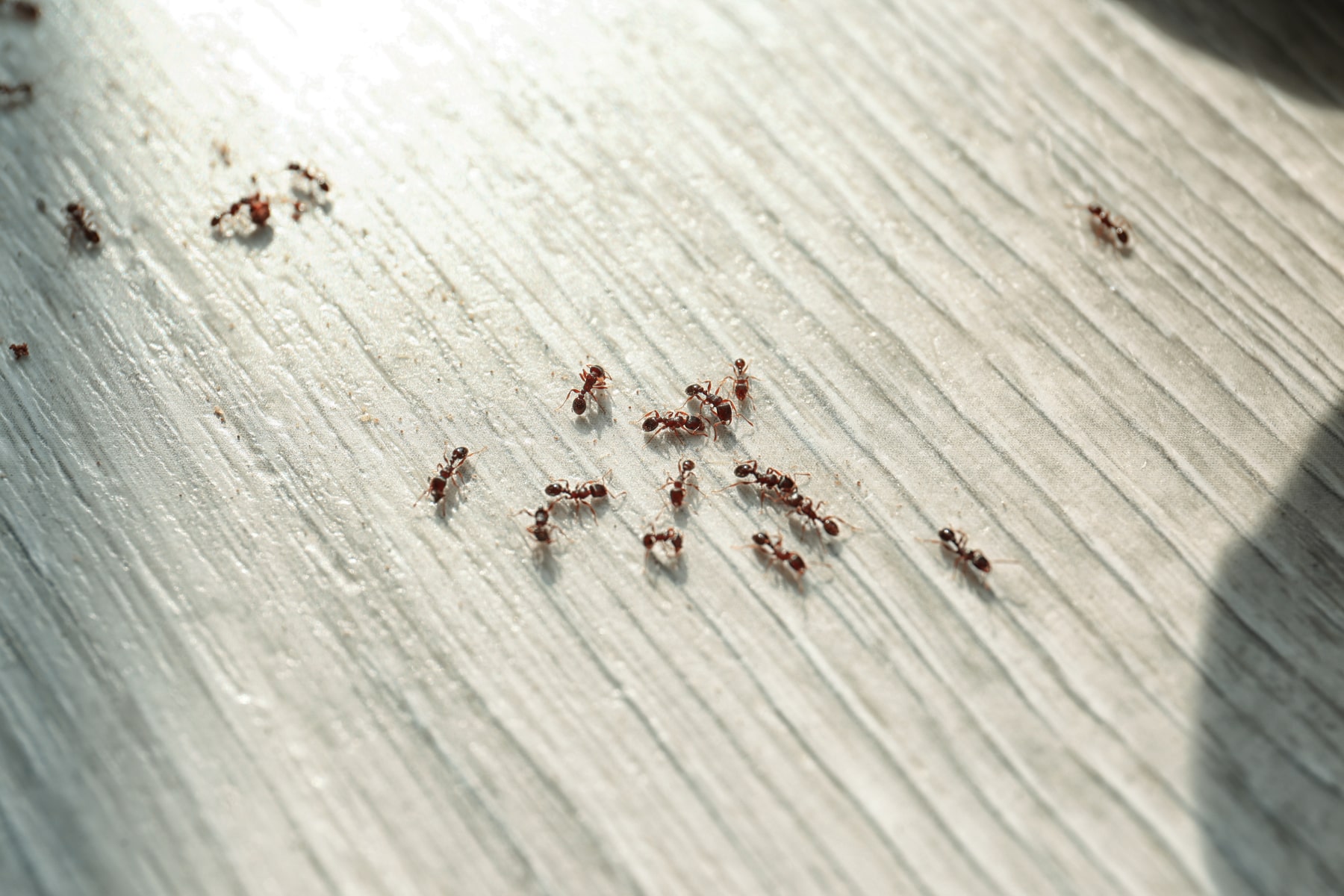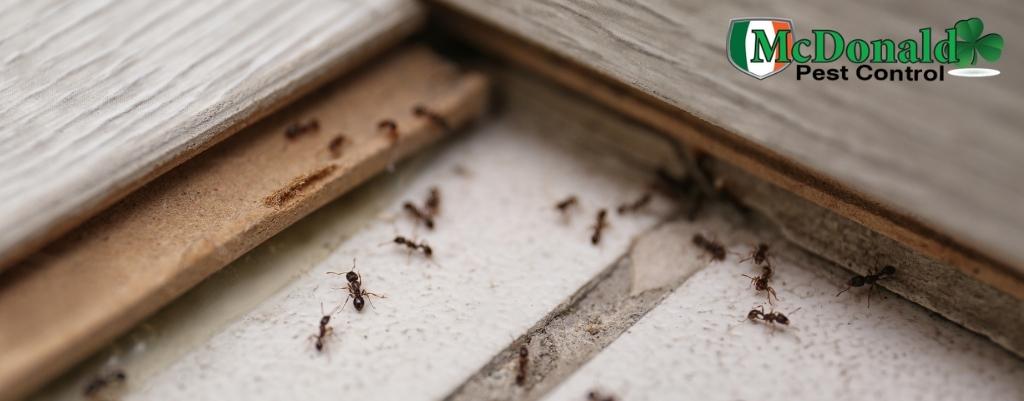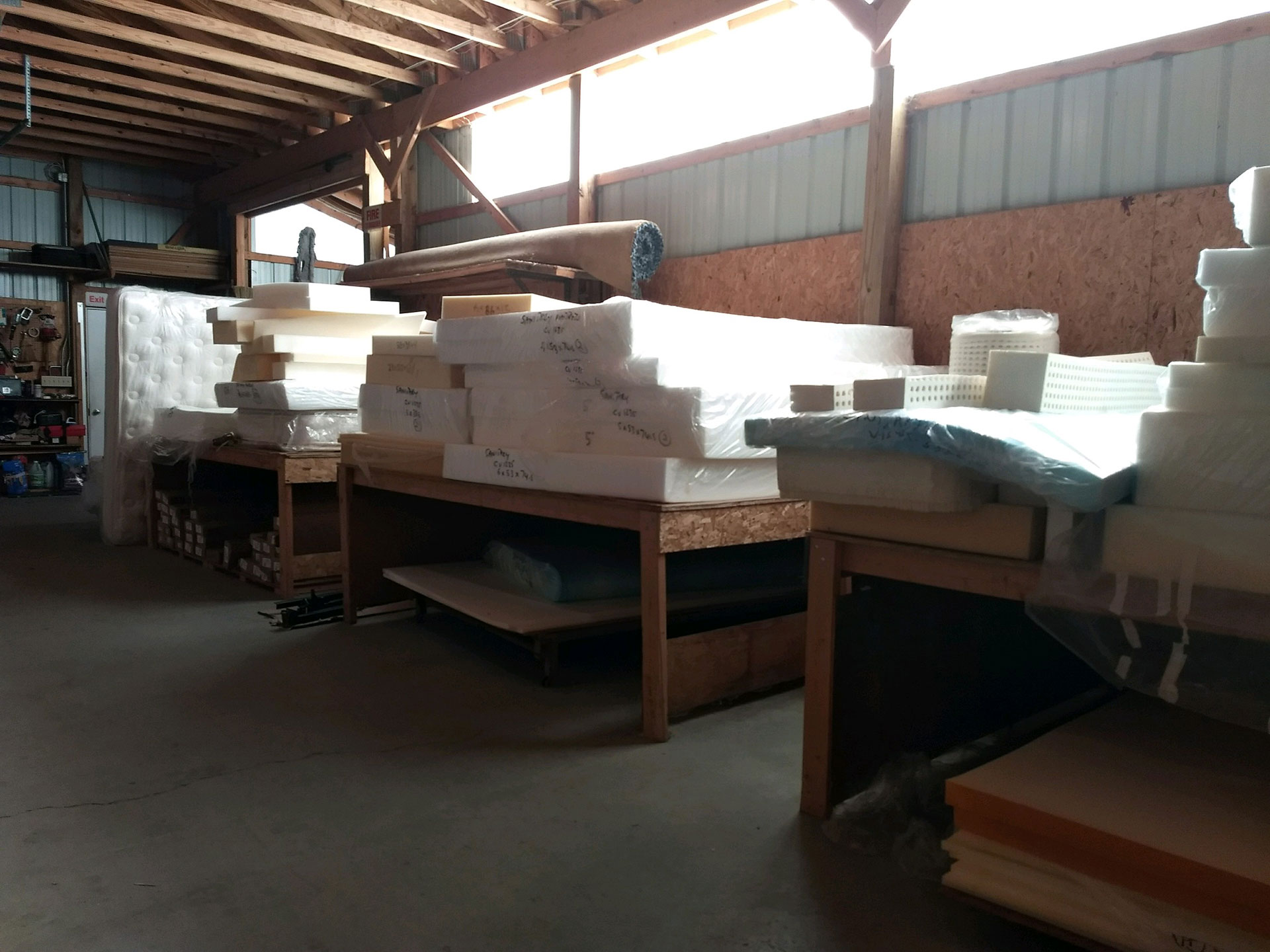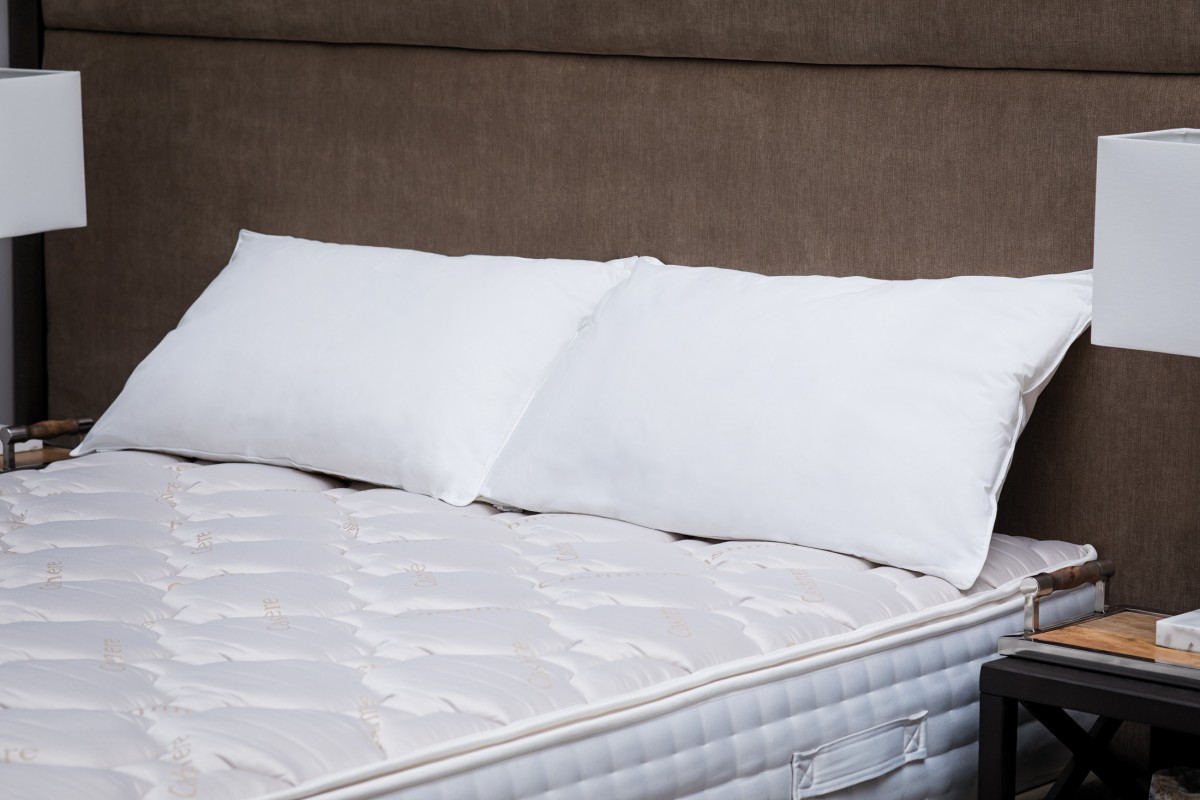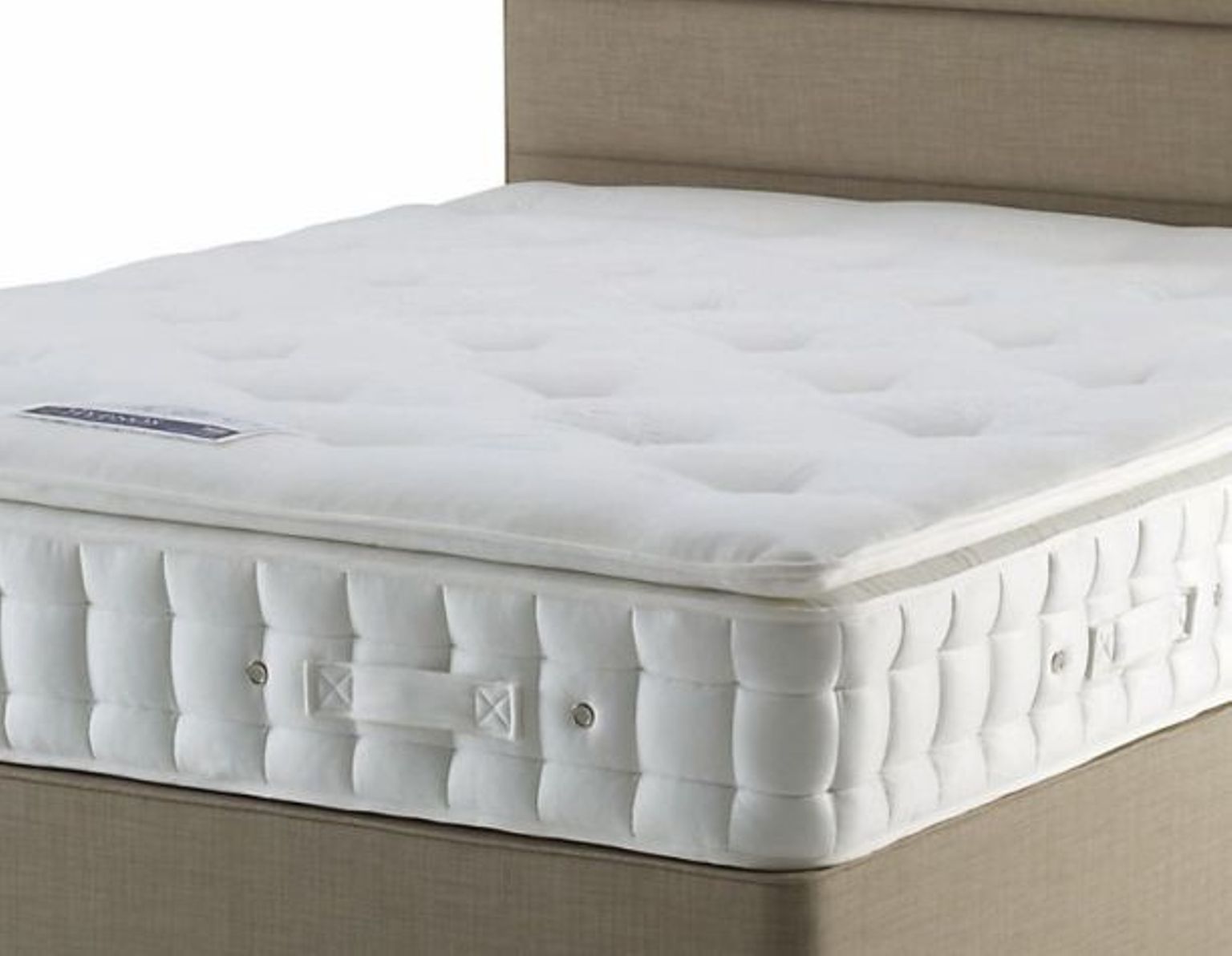Dealing with an ant infestation in your kitchen sink can be frustrating and unhygienic. Not only are these tiny insects a nuisance, but they can also contaminate your food and spread bacteria. Fortunately, there are several natural ways to get rid of ants and keep them out of your kitchen sink for good. Here are 10 effective tips to help you eliminate these pesky pests.How to Get Rid of Ants in Your Kitchen Sink
1. Keep Your Kitchen Clean and Tidy The first step to preventing ants from infesting your kitchen sink is to keep it clean and tidy. Crumbs, spills, and food scraps can easily attract ants, so make sure to wipe down your sink and countertops regularly. Also, don't leave dirty dishes in the sink for too long, as the leftover food particles can be a magnet for ants. 2. Seal Cracks and Gaps Ants can easily enter your kitchen through small cracks and gaps in your walls, windows, and pipes. Seal these openings with caulk or weatherstripping to prevent ants from coming in. It's also a good idea to check for any leaks in your pipes, as excess moisture can attract ants. 3. Use Natural Ant Repellents There are several natural ingredients that ants dislike, such as peppermint, cinnamon, and cayenne pepper. You can create a mixture of these ingredients with water and spray it around your kitchen sink to repel ants. Alternatively, you can place cotton balls soaked in essential oils like peppermint or tea tree oil near your sink to keep ants away. 4. Try Borax and Sugar Baits Borax is a natural insecticide that is often used to get rid of ants. Mix equal parts of borax and sugar and place the mixture near ant trails or areas where you've noticed ant activity. The sugar will attract the ants, and the borax will kill them once they consume it. 5. Use Vinegar Vinegar is a common household item that can also help repel ants. Mix equal parts of vinegar and water and use this solution to wipe down your kitchen sink and countertops. The strong smell of vinegar will deter ants, and the acidic nature of vinegar can also help eliminate any ant trails. 6. Keep Food Stored Properly Ants are attracted to food sources, so it's essential to keep your food stored in airtight containers. This includes dry goods like cereal, sugar, and flour, as well as fruits and vegetables. Make sure to also clean up any spills or crumbs immediately to avoid attracting ants. 7. Try Diatomaceous Earth Diatomaceous earth is a natural powder made from fossilized algae that can help get rid of ants. It works by dehydrating the insects and causing them to die. Sprinkle diatomaceous earth around your kitchen sink and in areas where you've seen ants to keep them at bay. 8. Use Lemon Juice The citric acid in lemon juice acts as a natural repellent for ants. Squeeze some fresh lemon juice around your kitchen sink and in areas where ants are present. You can also leave lemon peels near ant trails to keep them away. 9. Keep Your Garbage Bin Sealed Ants can also be attracted to your kitchen sink if you have a dirty or unsealed garbage bin. Make sure to seal your garbage bin tightly and clean it regularly. You can also sprinkle some borax or diatomaceous earth in your garbage bin to prevent ants from coming near it. 10. Call a Professional Pest Control Service If the ant infestation in your kitchen sink is severe, it may be best to call a professional pest control service. They will have the necessary equipment and expertise to eliminate the ants and prevent them from returning.10 Natural Ways to Keep Ants Out of Your Kitchen
Ants are attracted to your kitchen sink because it provides them with a readily available food and water source. They are also attracted to moisture, so any leaks or standing water in your sink can attract them. Additionally, the warmth and shelter provided by your kitchen can make it an ideal spot for ants to build their nests.Why Are Ants Attracted to Your Kitchen Sink?
1. Odorous House Ants These ants are small and brown in color and are often found in kitchen sinks. They get their name from the unpleasant odor they give off when crushed. 2. Carpenter Ants Carpenter ants are larger in size and are commonly found in wooden structures, including kitchen cabinets. They do not eat wood but can cause damage by creating tunnels and galleries in it. 3. Pharaoh Ants Pharaoh ants are tiny and light brown in color. They are commonly found in kitchen sinks and can spread bacteria and contaminate food. 4. Argentine Ants These ants are a light to dark brown color and are commonly found in kitchen sinks. They are known for their large colonies and can be challenging to get rid of. 5. Red Imported Fire Ants Red imported fire ants are reddish-brown in color and are commonly found in kitchen sinks in warmer climates. They can be aggressive and their bites can be painful or even dangerous to those who are allergic.5 Common Types of Ants Found in Kitchen Sinks
1. Keep your kitchen clean and tidy. 2. Seal cracks and gaps in your walls, windows, and pipes. 3. Use natural ant repellents like peppermint, cinnamon, and vinegar. 4. Store your food properly in airtight containers. 5. Keep your garbage bin sealed and clean. 6. Fix any leaks or standing water in your kitchen sink. 7. Check for and address any other sources of moisture in your kitchen. 8. Regularly clean your kitchen sink and countertops. 9. Use essential oils like peppermint or tea tree to repel ants. 10. Keep an eye out for any signs of ant activity and address them immediately.How to Prevent Ants from Infesting Your Kitchen Sink
Vinegar is an excellent natural solution for getting rid of ants in your kitchen sink. Its strong scent and acidic properties help repel ants and eliminate any existing ant trails. To use vinegar, mix equal parts of vinegar and water and use this solution to wipe down your kitchen sink and countertops. You can also spray it around areas where you've seen ants or leave cotton balls soaked in vinegar near ant trails.Using Vinegar to Get Rid of Ants in Your Kitchen Sink
Ants are attracted to kitchen sinks for several reasons. They are constantly searching for food and water sources, and your kitchen sink provides them with both. Additionally, the warmth and shelter provided by your kitchen make it an ideal spot for ants to build their nests. Ants are also drawn to moisture, so any leaks or standing water in your kitchen sink can attract them.Why Do Ants Like to Crawl in Kitchen Sinks?
To prevent ants from entering your kitchen through cracks and gaps, it's essential to seal them properly. You can use caulk or weatherstripping to seal any openings in your walls, windows, and pipes. It's also a good idea to check for and fix any leaks in your pipes, as excess moisture can attract ants.How to Seal Cracks and Gaps to Keep Ants Out of Your Kitchen
Essential oils like peppermint, cinnamon, and tea tree are known for their strong scents that ants dislike. You can use these oils to create a natural ant repellent by mixing a few drops with water and spraying it around your kitchen sink and countertops. You can also place cotton balls soaked in essential oils near ant trails or in cracks and gaps to keep ants out.Using Essential Oils to Repel Ants from Your Kitchen Sink
If you have a severe ant infestation in your kitchen sink, it's best to call a professional pest control service. They will have the necessary equipment and expertise to eliminate the ants and prevent them from returning. It's also essential to address any underlying issues, such as leaks or cracks, to prevent future infestations. In conclusion, ants in your kitchen sink can be a frustrating and unhygienic problem. However, by using these natural methods, you can effectively get rid of ants and keep them out of your kitchen for good. Remember to keep your kitchen clean, seal any cracks and gaps, and use natural repellents to prevent ants from infesting your kitchen sink. If the infestation is severe, don't hesitate to call a professional pest control service for help.What to Do If You Have a Serious Ant Infestation in Your Kitchen Sink
How to Effectively Get Rid of Ants Infesting Your Kitchen Sink

Understanding the Problem
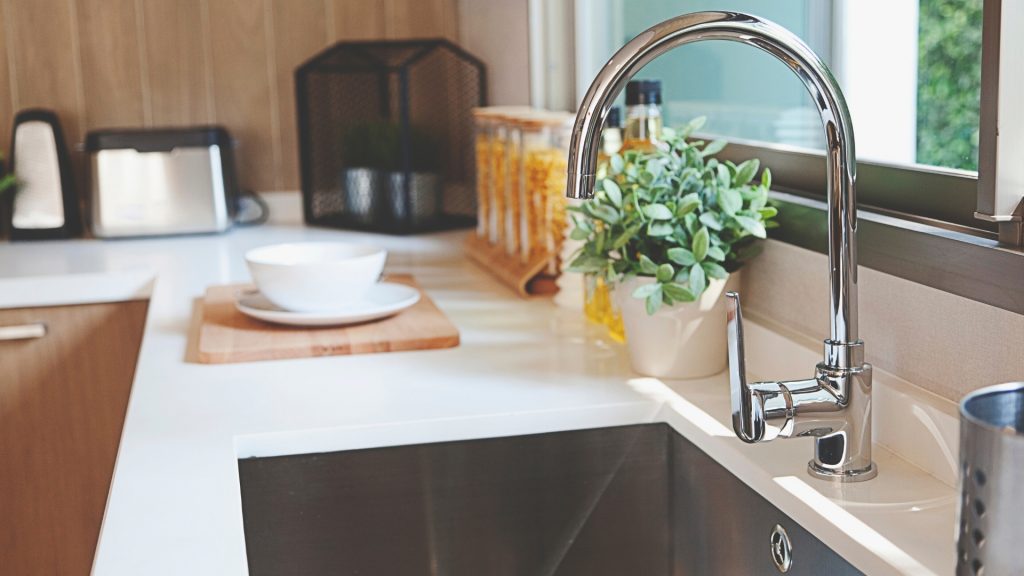 Ants infesting a kitchen sink
can be a common problem for many homeowners. These tiny insects are attracted to any source of food, and your kitchen sink may be the perfect place for them to find it. As frustrating as this may be, it is important to understand the root of the problem before attempting to get rid of the ants.
Ants are social insects and live in large colonies. They leave a chemical trail behind them, leading other ants to their food source. This is why you may see a constant stream of ants in your kitchen sink. They are following the scent of the food that has attracted them.
Ants infesting a kitchen sink
can be a common problem for many homeowners. These tiny insects are attracted to any source of food, and your kitchen sink may be the perfect place for them to find it. As frustrating as this may be, it is important to understand the root of the problem before attempting to get rid of the ants.
Ants are social insects and live in large colonies. They leave a chemical trail behind them, leading other ants to their food source. This is why you may see a constant stream of ants in your kitchen sink. They are following the scent of the food that has attracted them.
Identifying the Source of Attraction
 To effectively get rid of
ants in your kitchen sink
, you need to identify the source of attraction. It could be as simple as a few crumbs left behind after cooking or a leaking faucet. Make sure to thoroughly clean your sink and countertops to remove any potential food sources that may be attracting the ants.
Additionally, ants are also drawn to moisture. If you have a leaky pipe or a damp sponge left in the sink, this could be another reason why they keep coming back. Fixing any plumbing issues and keeping your sink area dry can help prevent ants from infesting your kitchen.
To effectively get rid of
ants in your kitchen sink
, you need to identify the source of attraction. It could be as simple as a few crumbs left behind after cooking or a leaking faucet. Make sure to thoroughly clean your sink and countertops to remove any potential food sources that may be attracting the ants.
Additionally, ants are also drawn to moisture. If you have a leaky pipe or a damp sponge left in the sink, this could be another reason why they keep coming back. Fixing any plumbing issues and keeping your sink area dry can help prevent ants from infesting your kitchen.
Eliminating the Ants
 Once you have identified and removed the source of attraction, it is time to get rid of the ants. There are several natural remedies that can effectively repel ants, such as using
peppermint oil
or
white vinegar
in areas where ants are commonly seen. You can also create a barrier using
diatomaceous earth
, which is a non-toxic powder that dehydrates and kills ants.
If the infestation is severe, you may need to call a professional pest control service to safely and effectively eliminate the ants.
Once you have identified and removed the source of attraction, it is time to get rid of the ants. There are several natural remedies that can effectively repel ants, such as using
peppermint oil
or
white vinegar
in areas where ants are commonly seen. You can also create a barrier using
diatomaceous earth
, which is a non-toxic powder that dehydrates and kills ants.
If the infestation is severe, you may need to call a professional pest control service to safely and effectively eliminate the ants.
Preventing Future Infestations
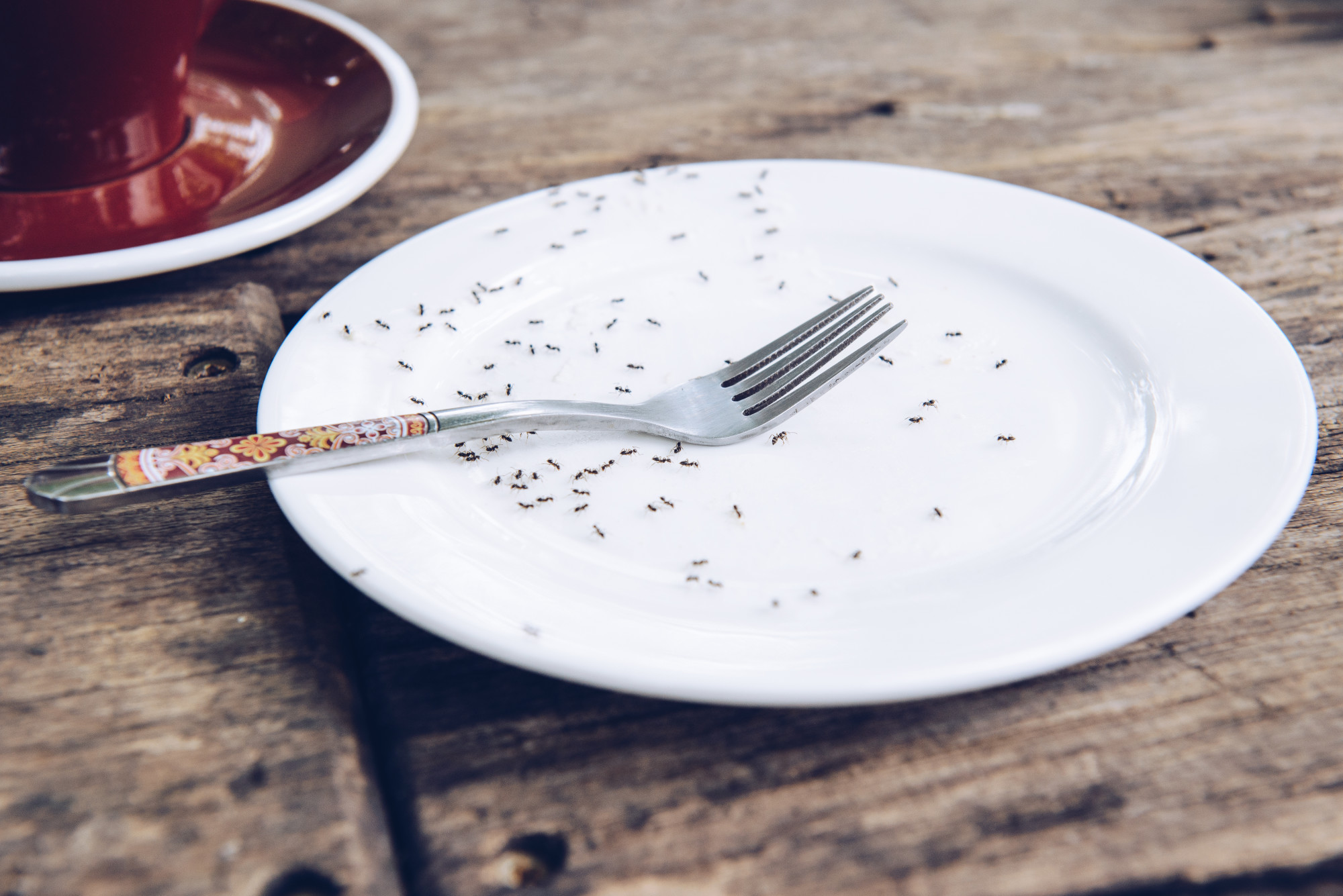 To prevent ants from infesting your kitchen sink in the future, it is important to maintain a clean and dry environment. This includes regularly wiping down your sink and countertops, fixing any plumbing issues, and keeping food properly stored in airtight containers.
You can also create a natural barrier by sprinkling
cinnamon
or
black pepper
around the perimeter of your sink and countertops. These spices are known to repel ants and can help prevent them from entering your kitchen.
By following these tips and taking preventative measures, you can effectively get rid of ants infesting your kitchen sink and keep them from coming back. Remember to stay vigilant and address any potential sources of attraction to maintain a clean and ant-free kitchen.
To prevent ants from infesting your kitchen sink in the future, it is important to maintain a clean and dry environment. This includes regularly wiping down your sink and countertops, fixing any plumbing issues, and keeping food properly stored in airtight containers.
You can also create a natural barrier by sprinkling
cinnamon
or
black pepper
around the perimeter of your sink and countertops. These spices are known to repel ants and can help prevent them from entering your kitchen.
By following these tips and taking preventative measures, you can effectively get rid of ants infesting your kitchen sink and keep them from coming back. Remember to stay vigilant and address any potential sources of attraction to maintain a clean and ant-free kitchen.



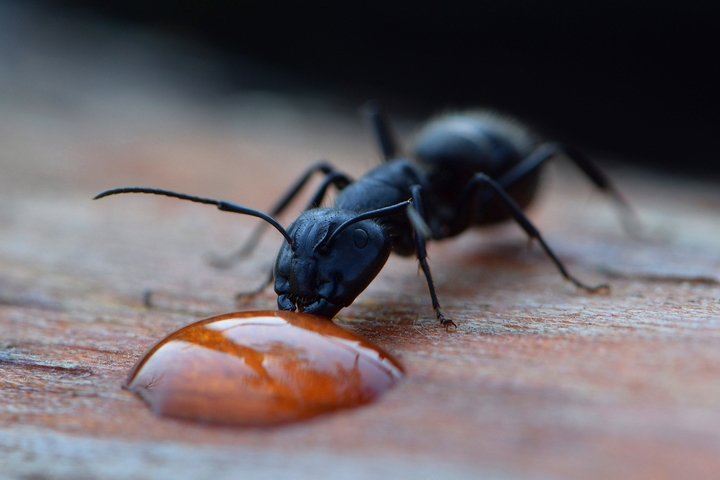
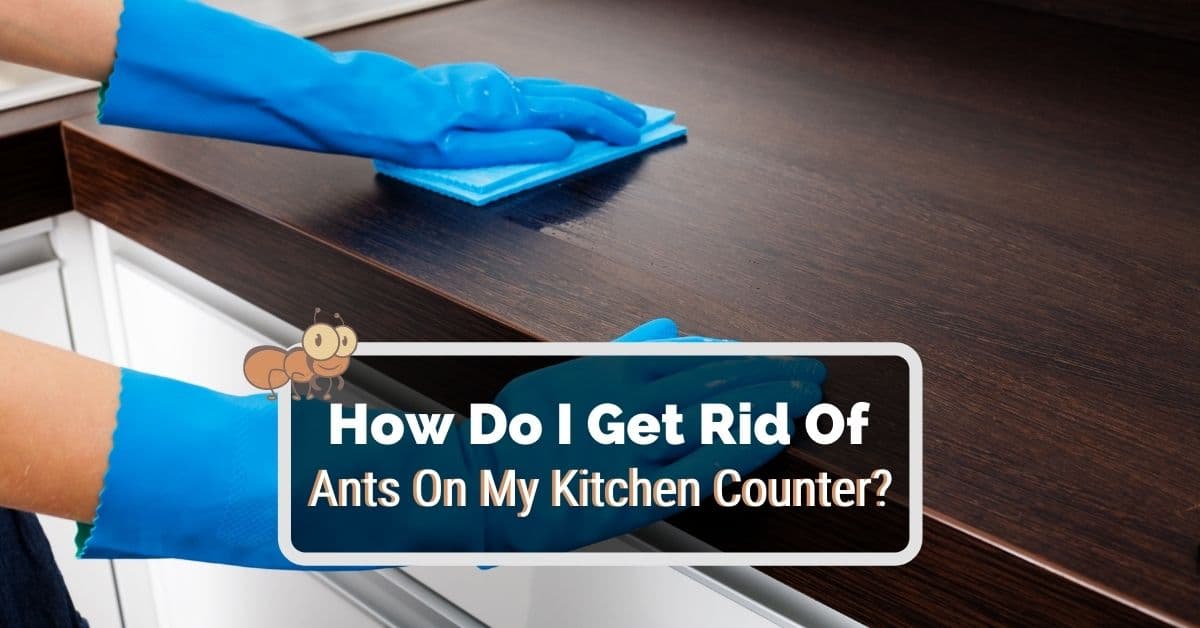
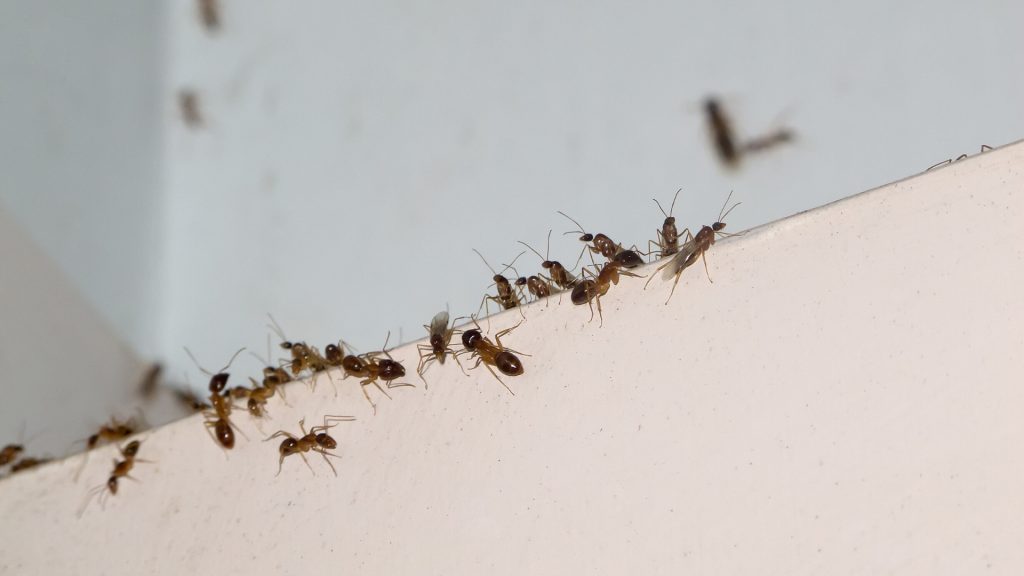
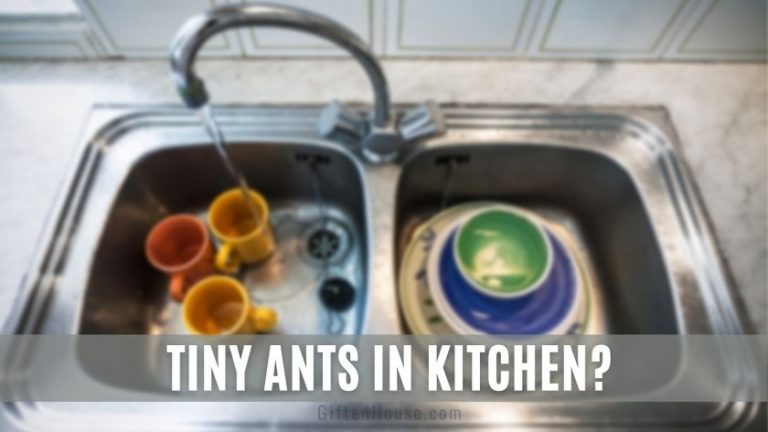

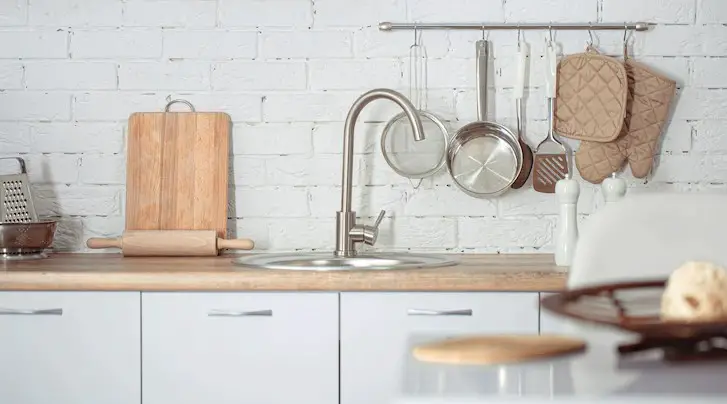



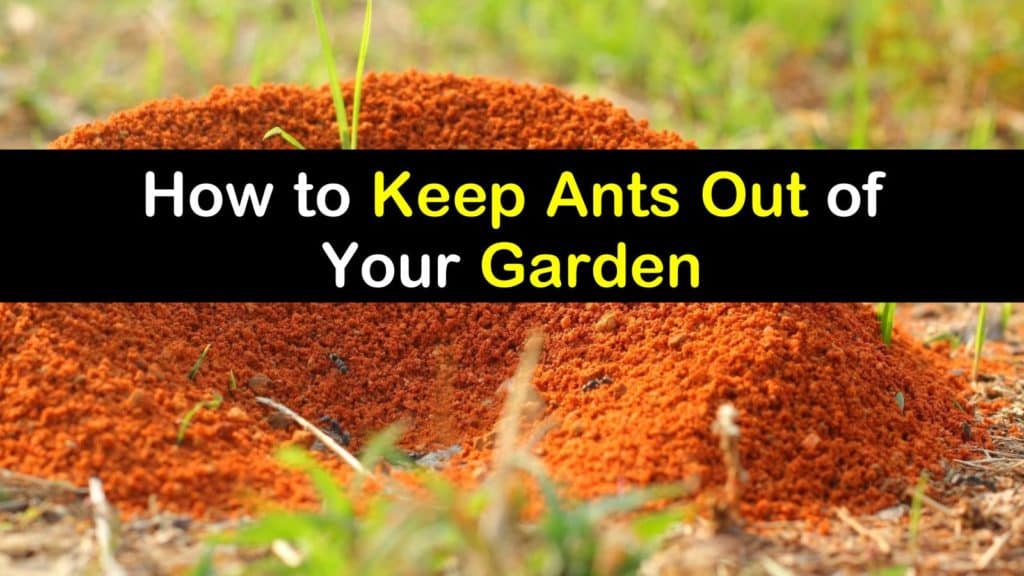
 (1).jpg)
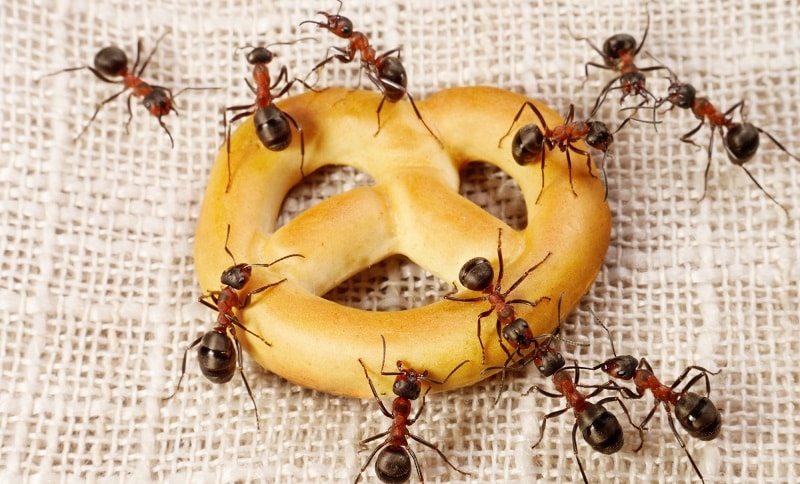

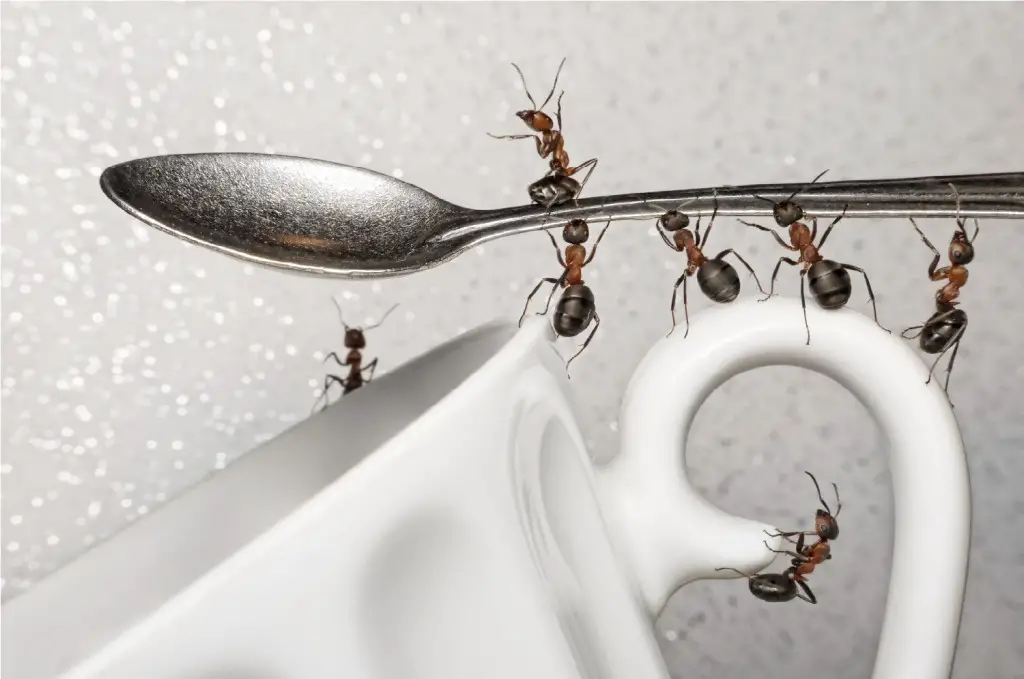
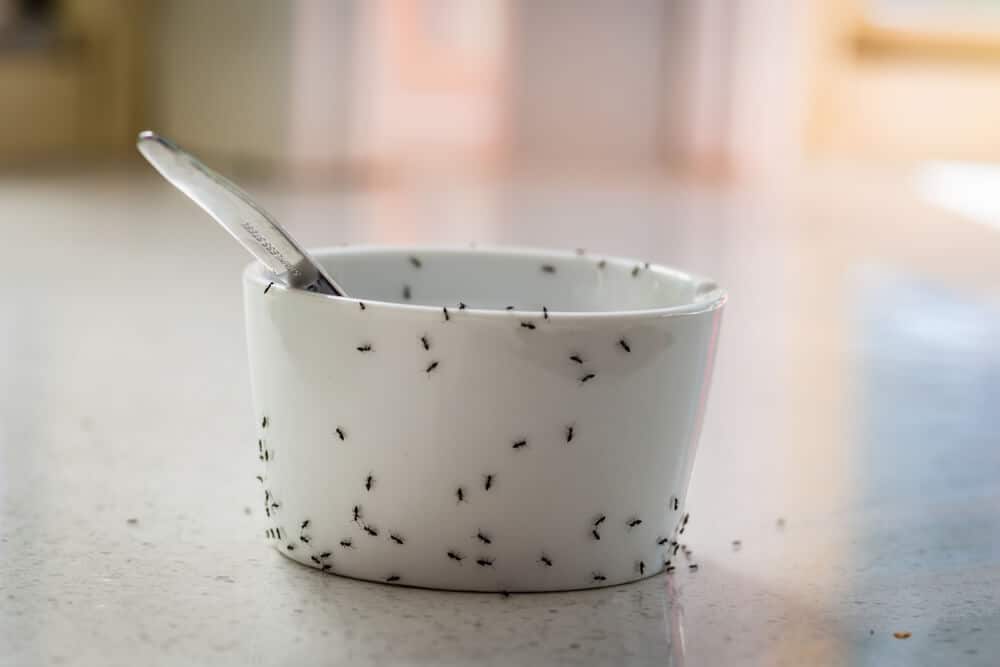




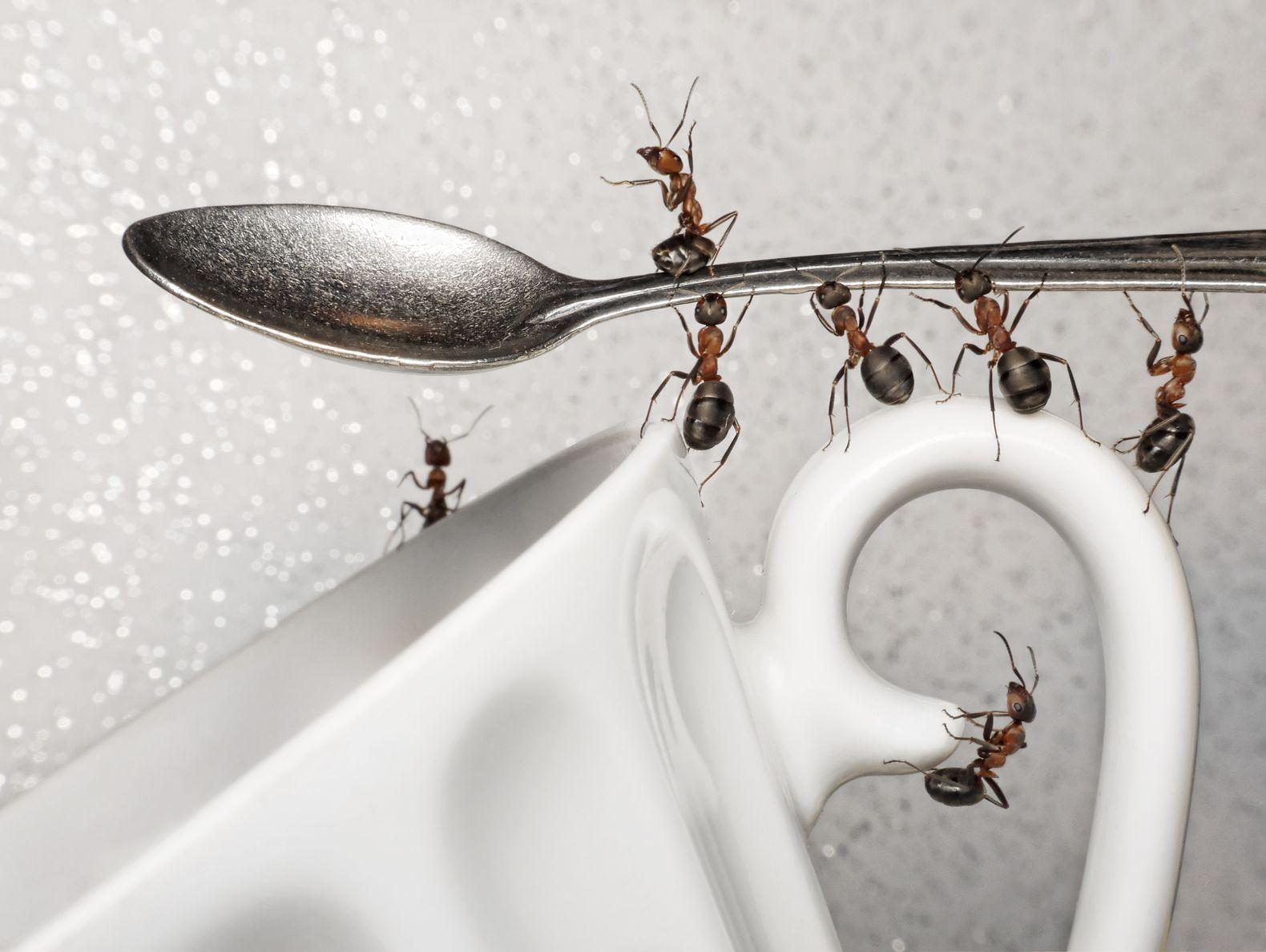
/Getting-rid-of-ants-at-home-2656296-V2-8e3db57a6ee44c5c9bfde226ac38f73c.png)

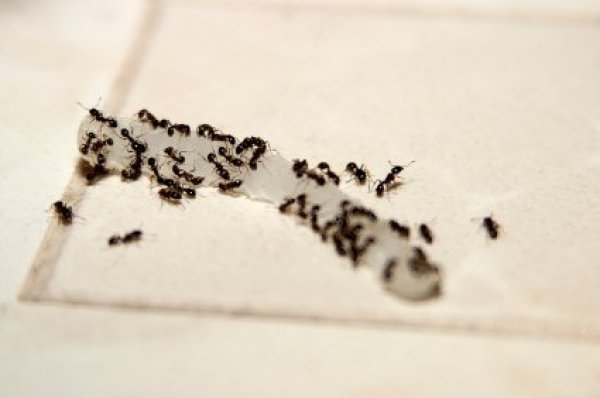

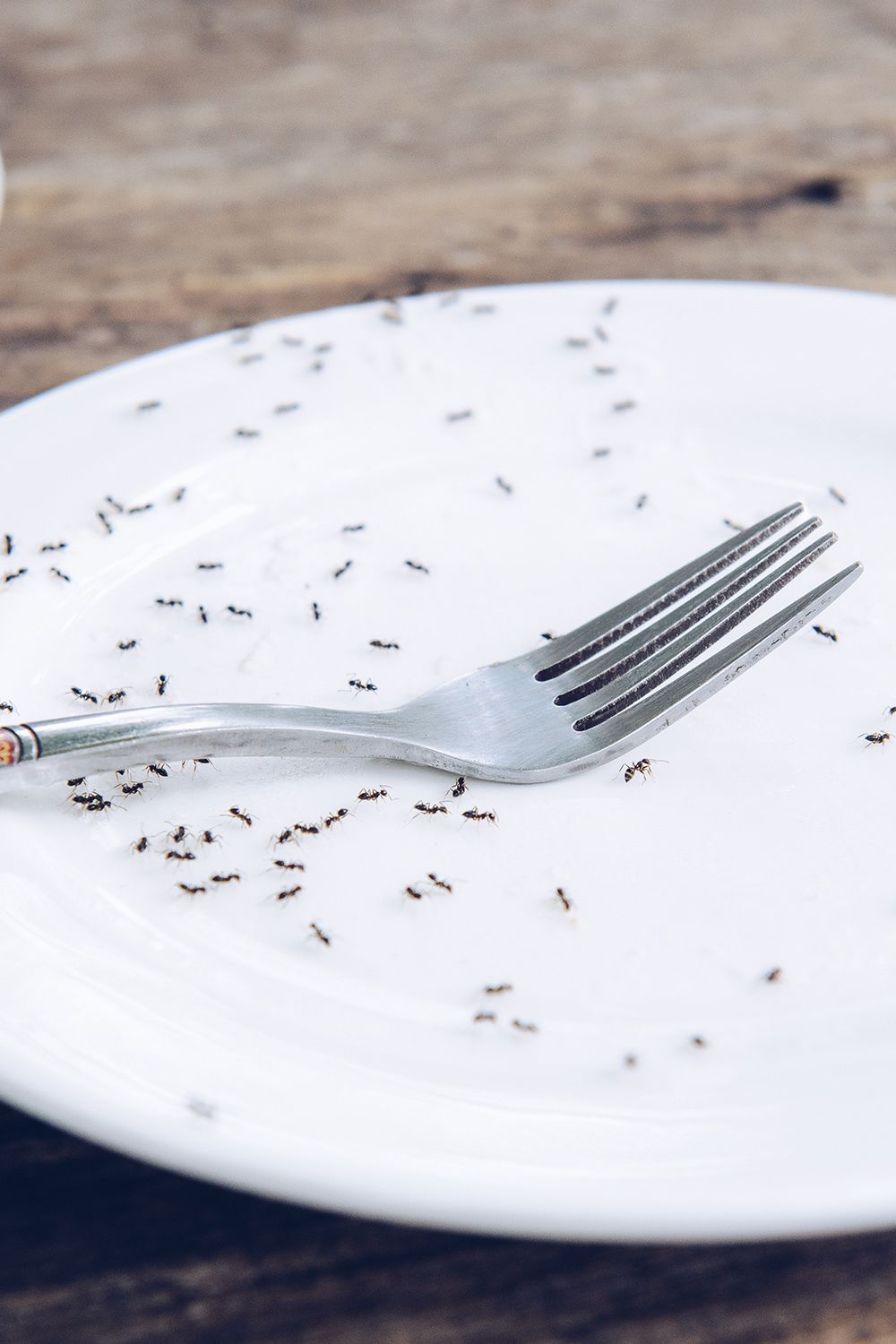

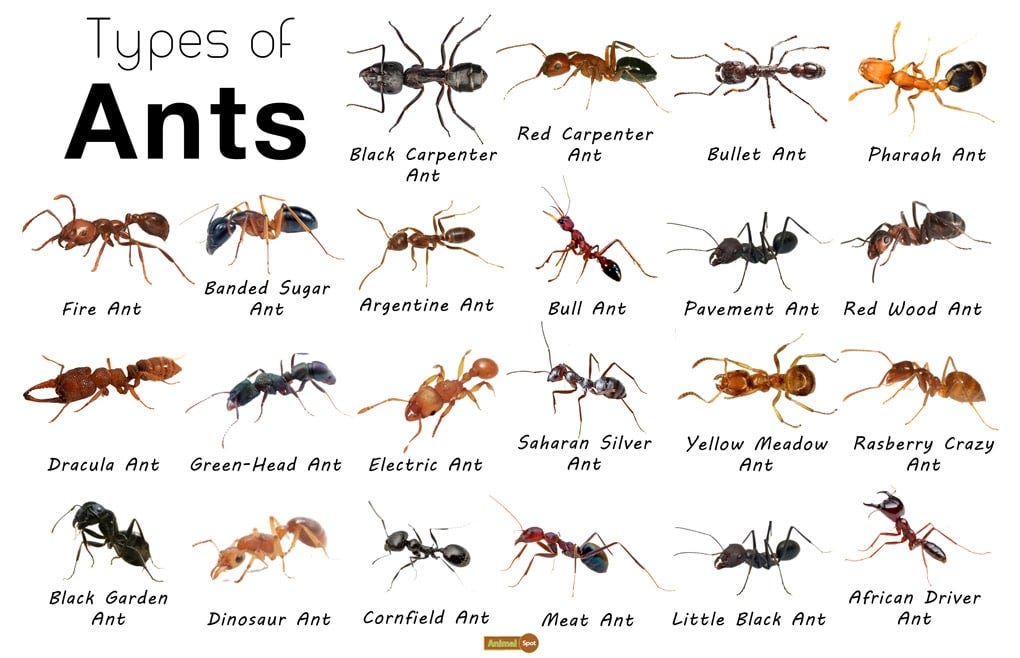
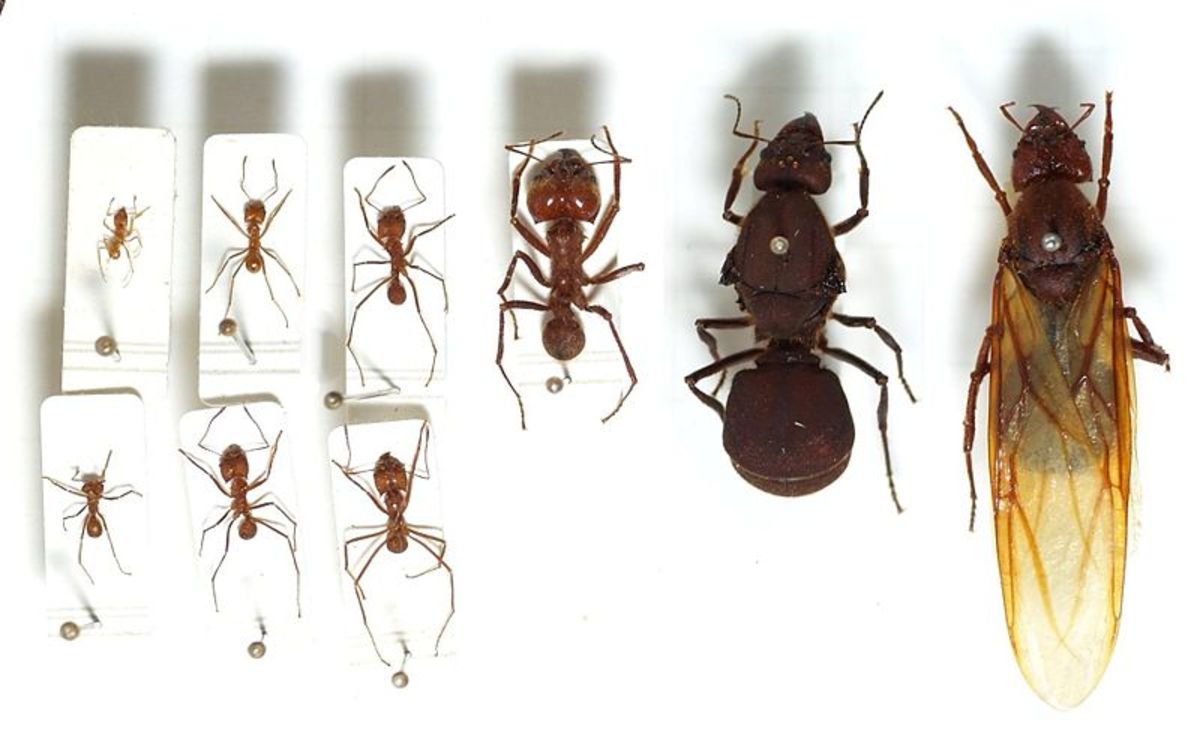

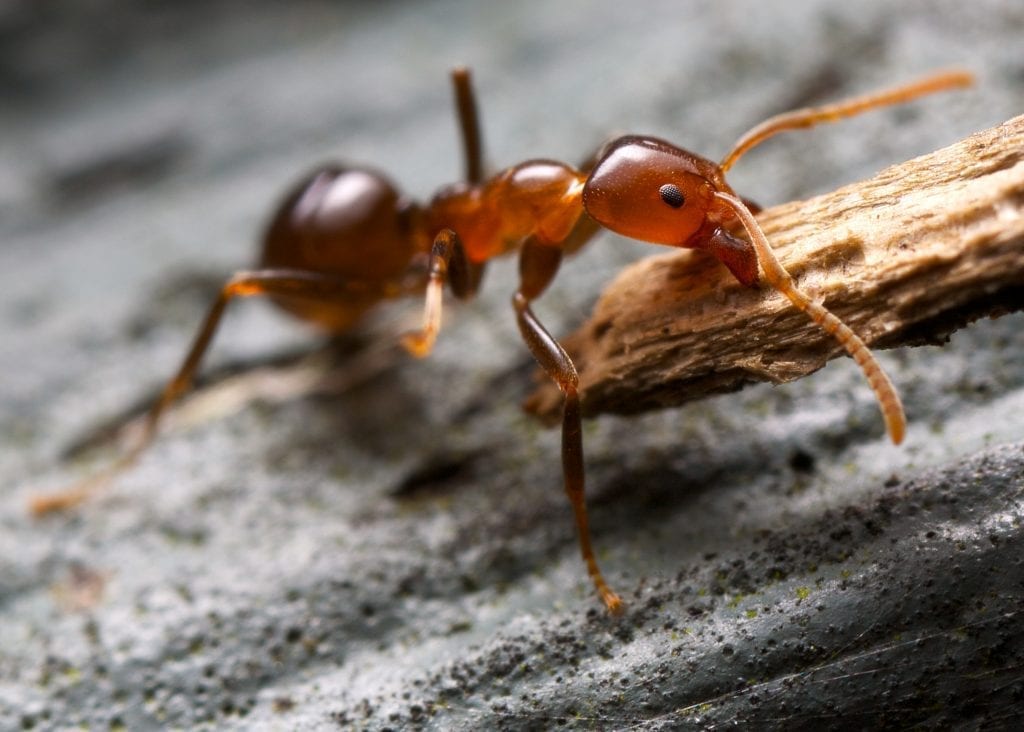





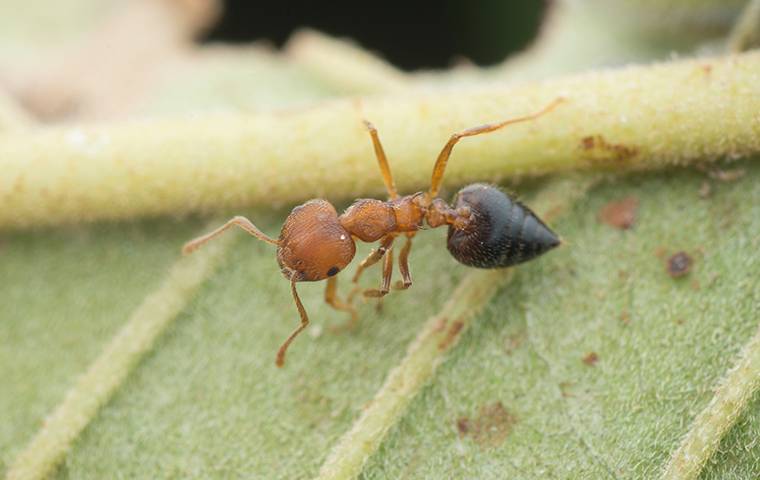







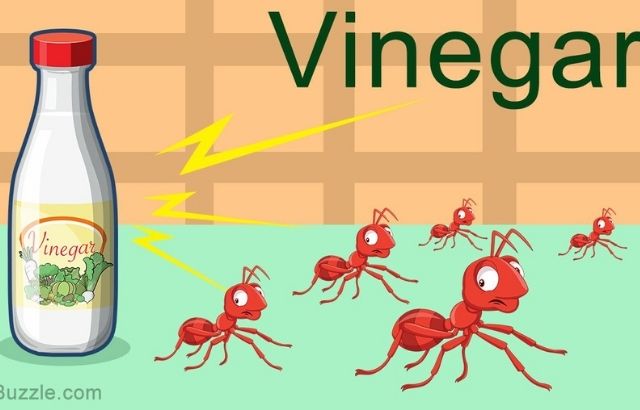


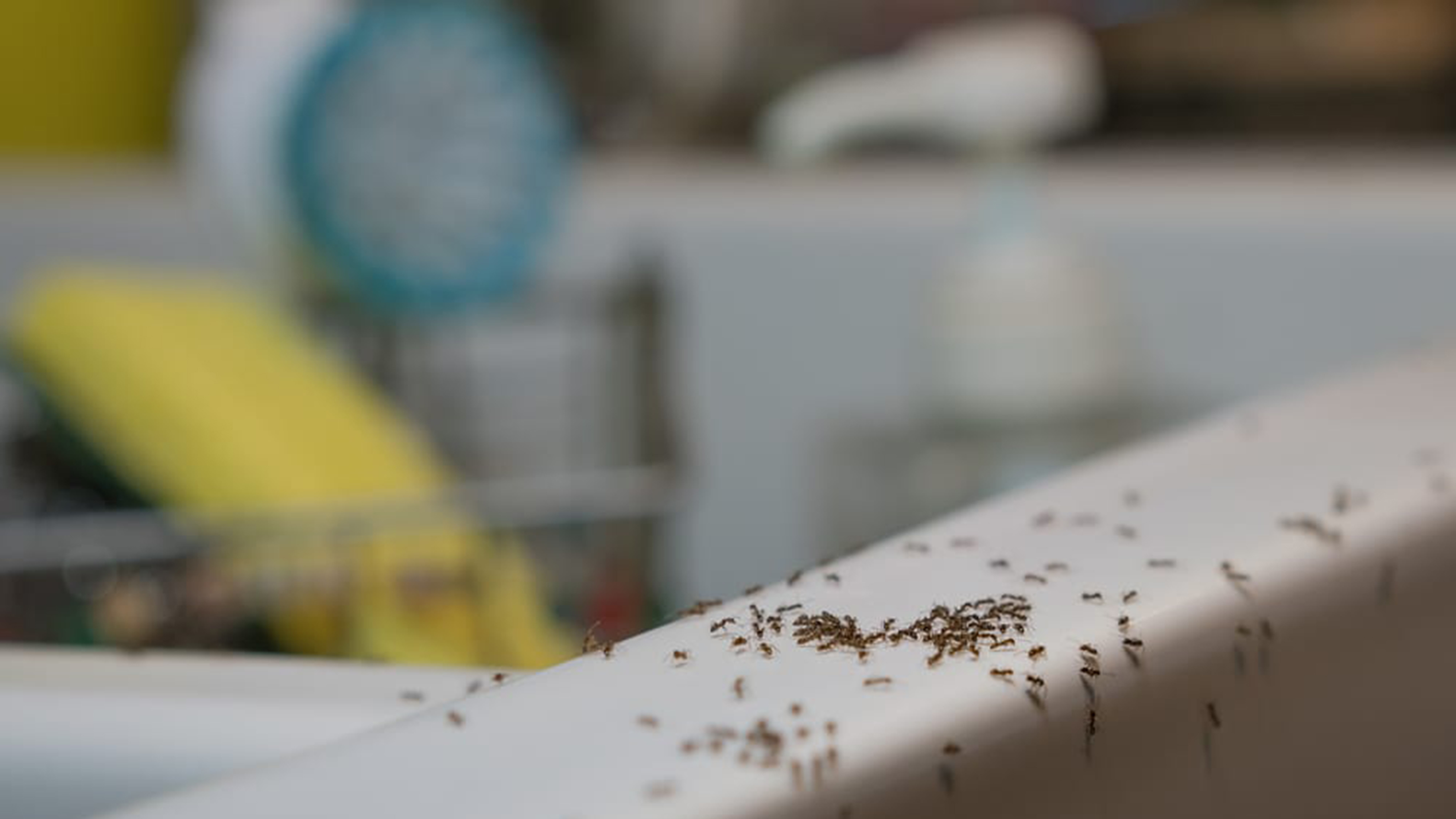

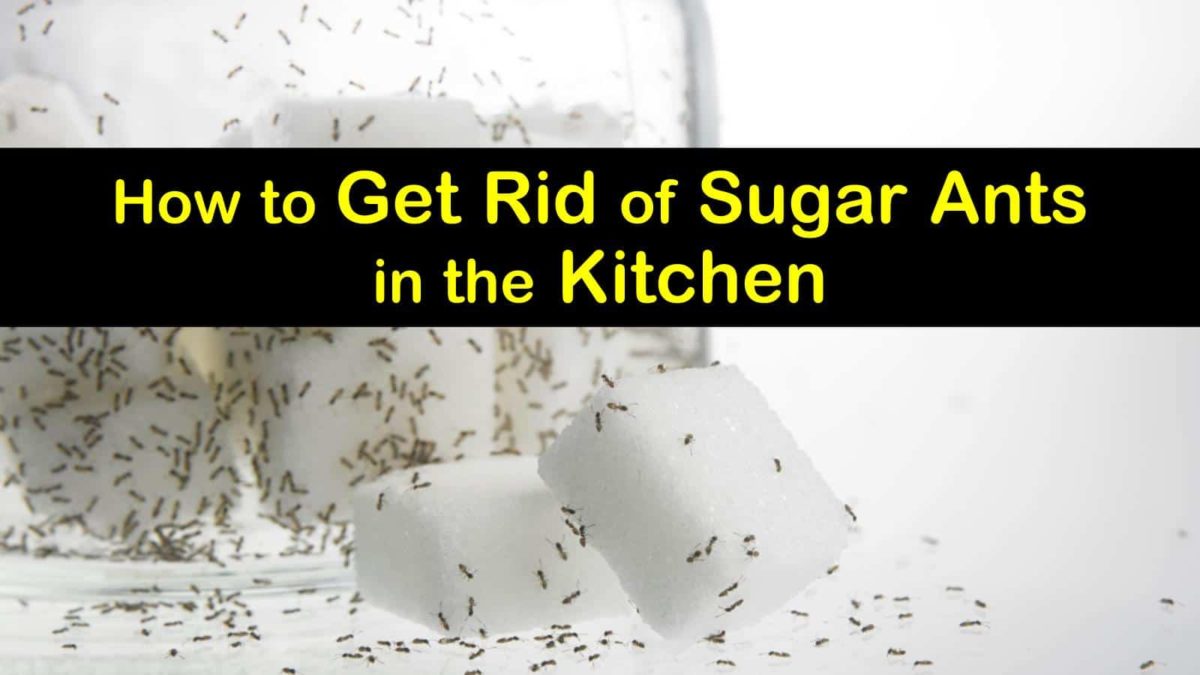
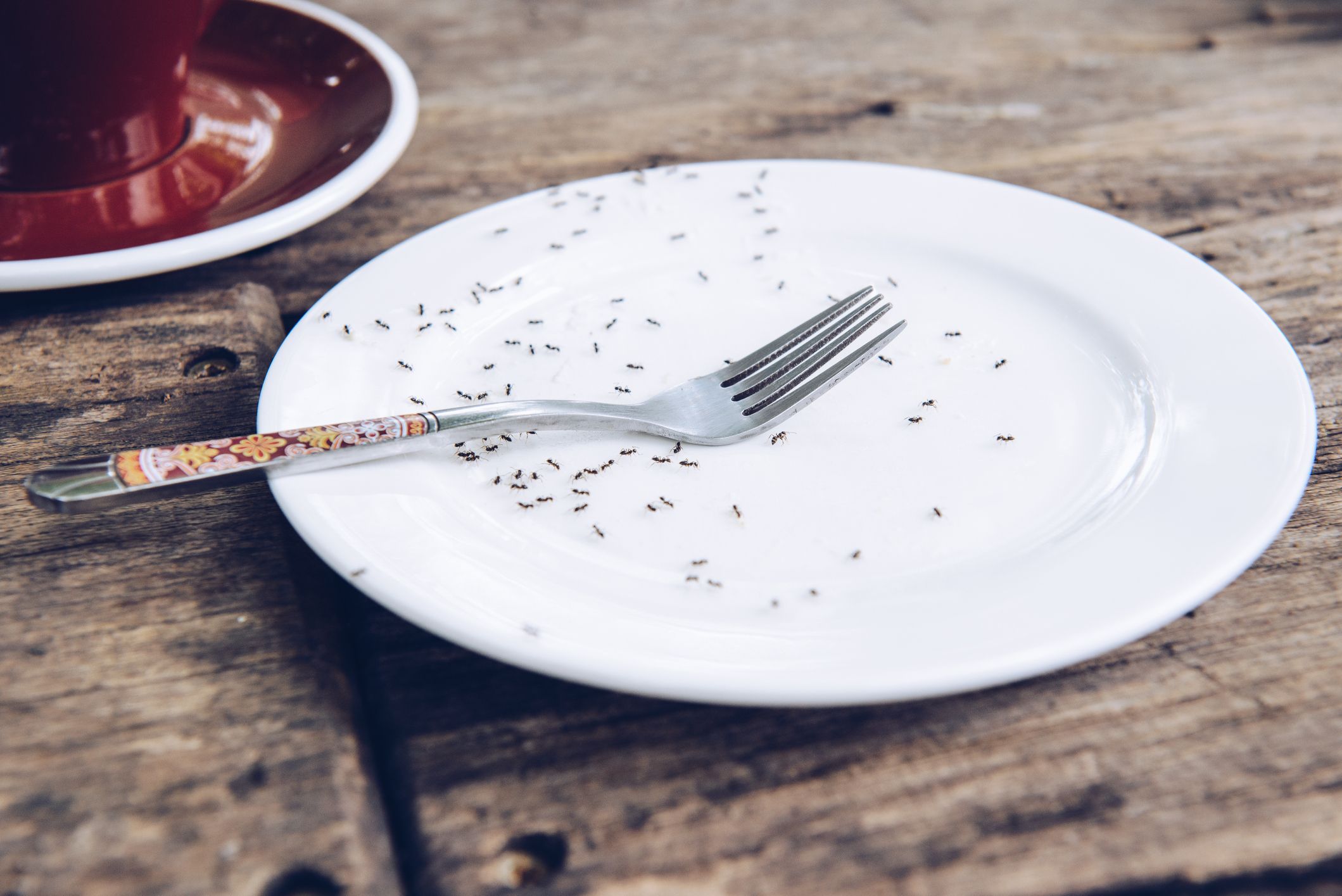
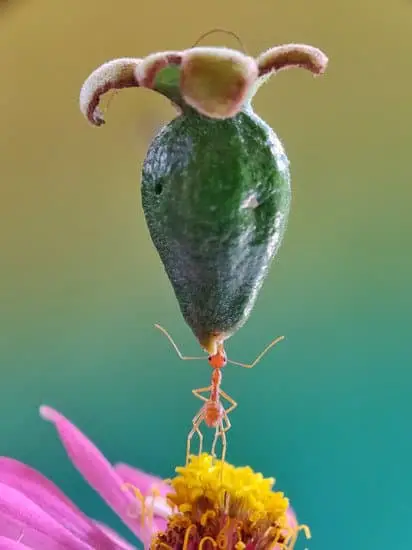


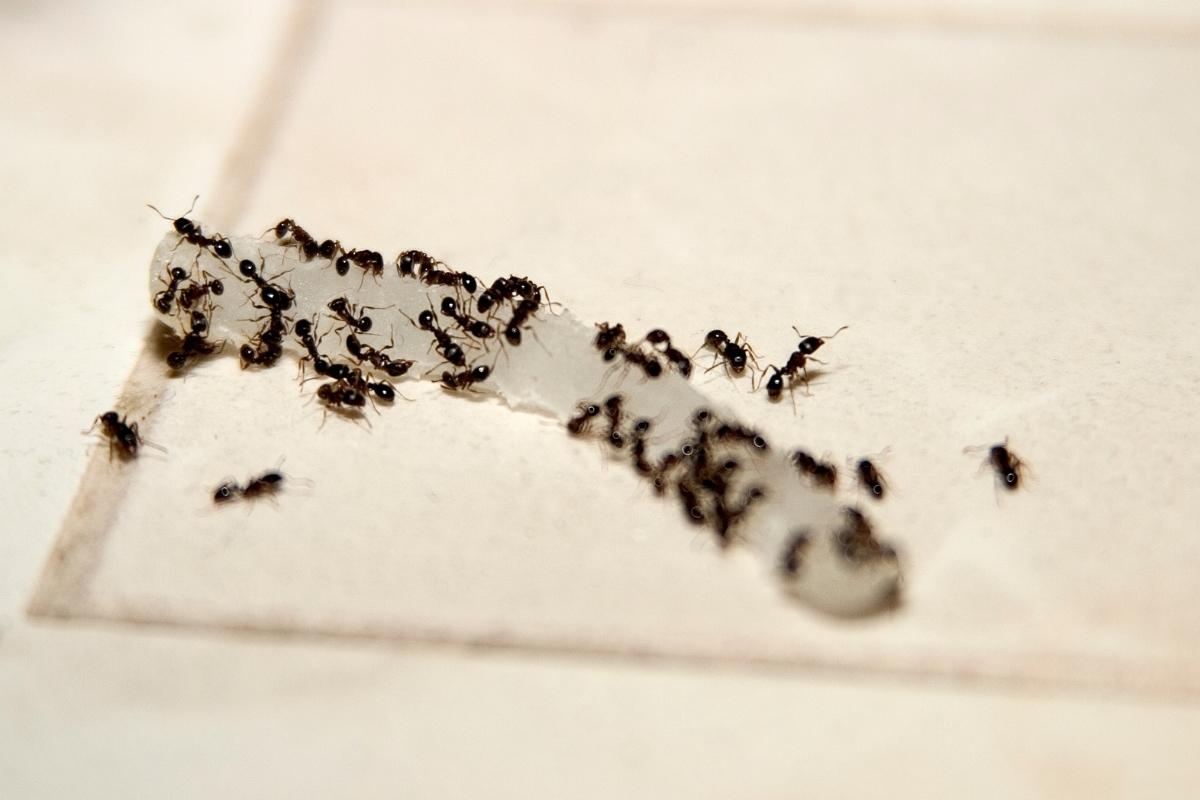
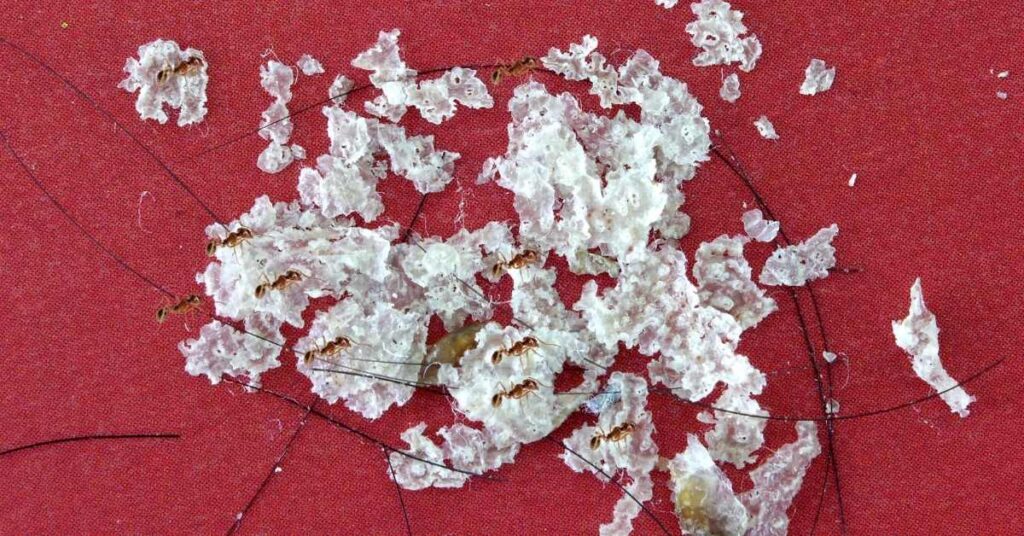
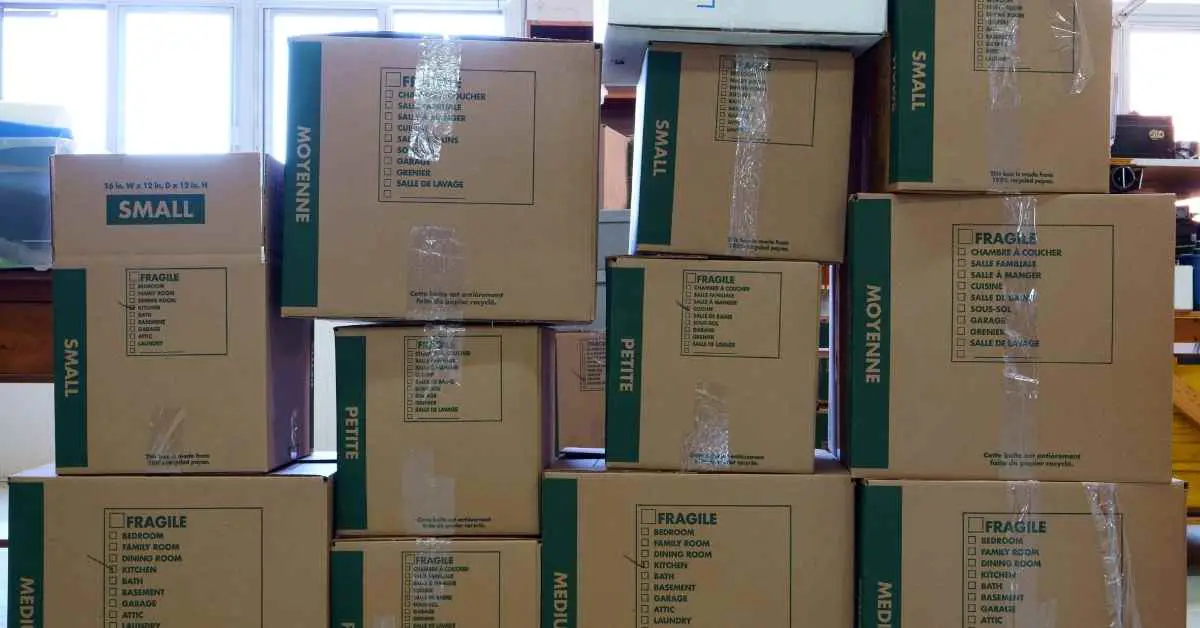
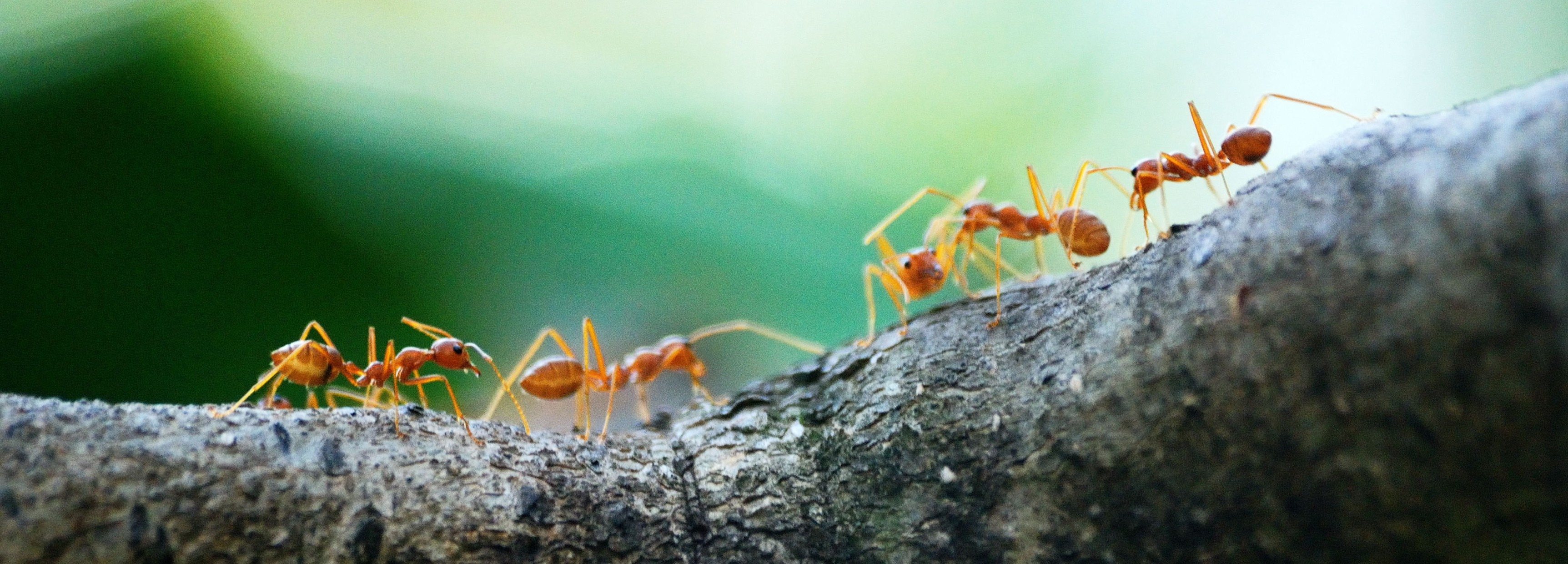
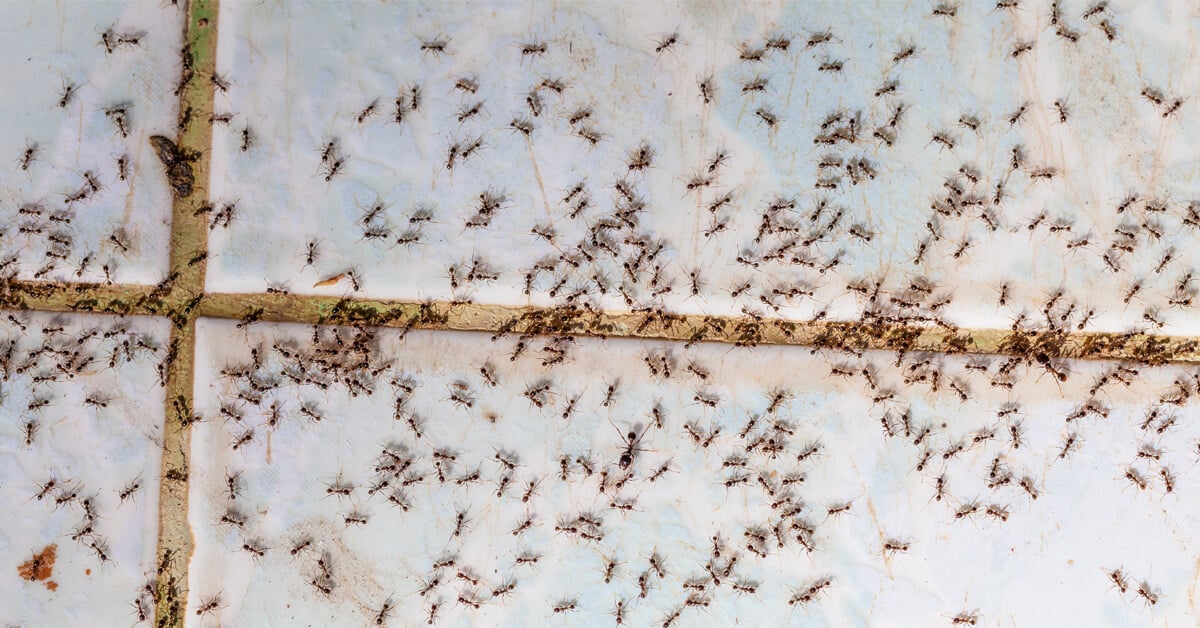

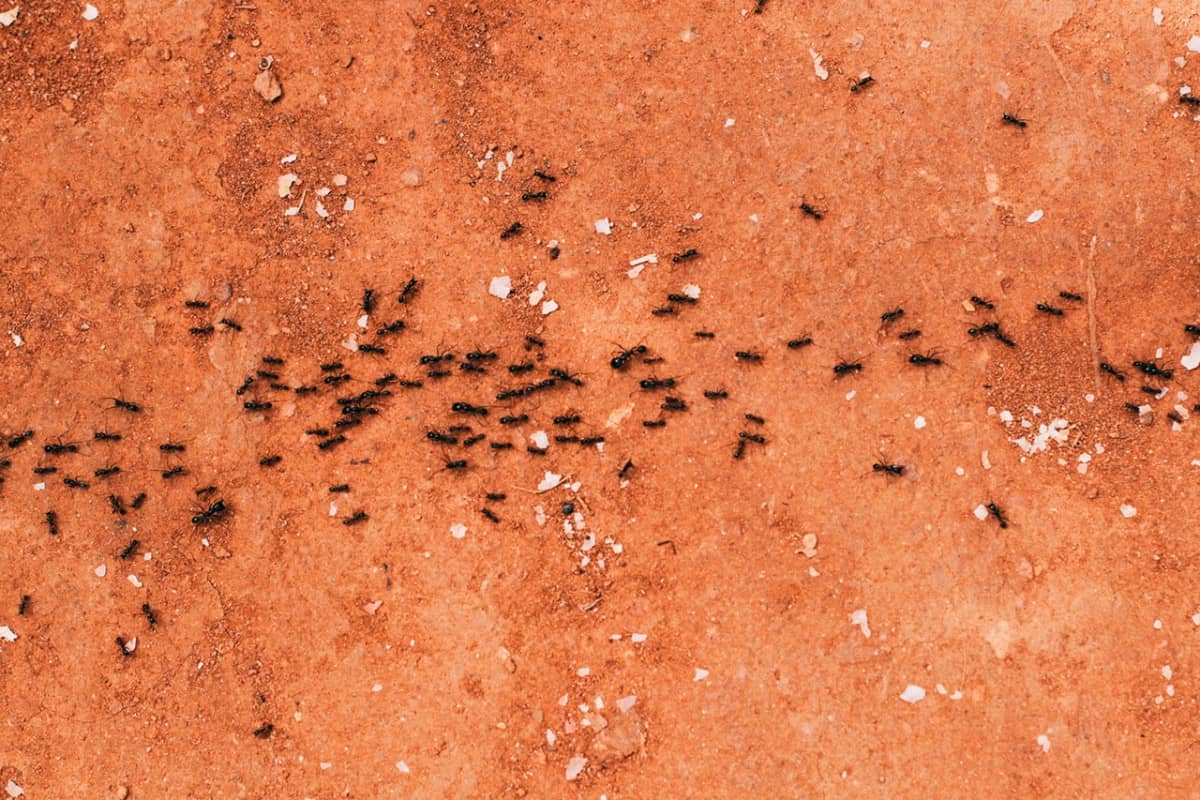


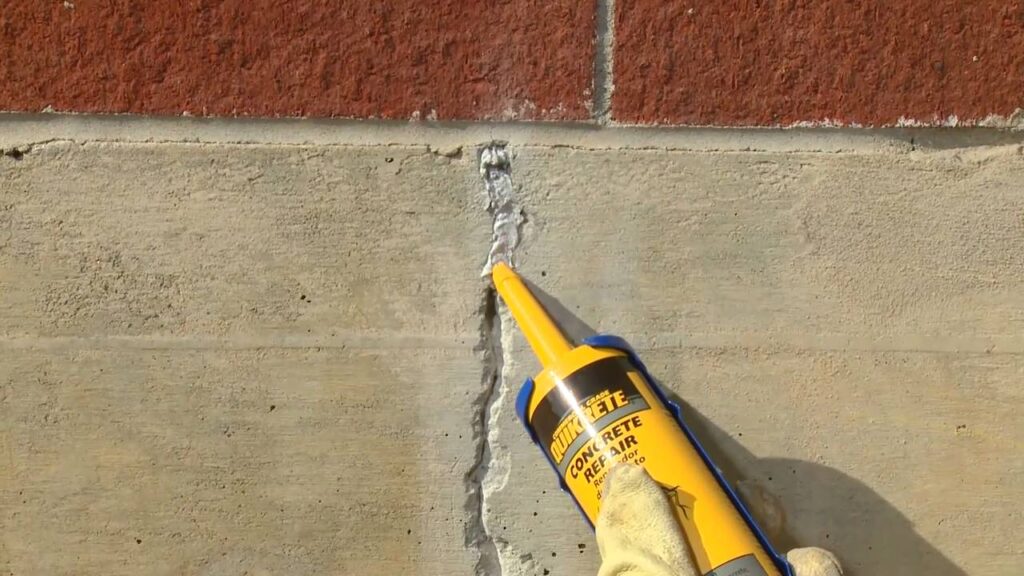




:max_bytes(150000):strip_icc()/how-to-get-rid-of-ants-2656468_final-51f2d2e263c1482fa95ec6529a107971.png)



